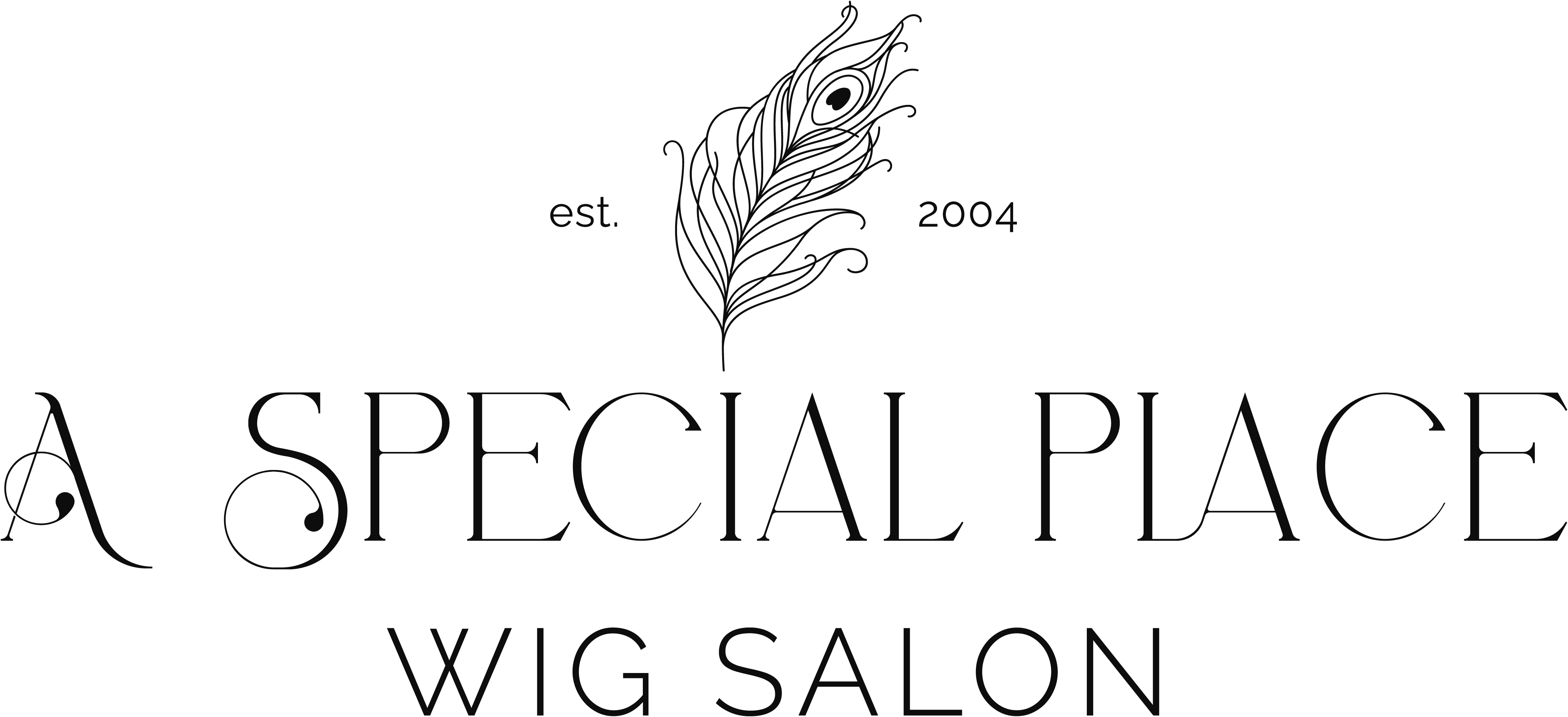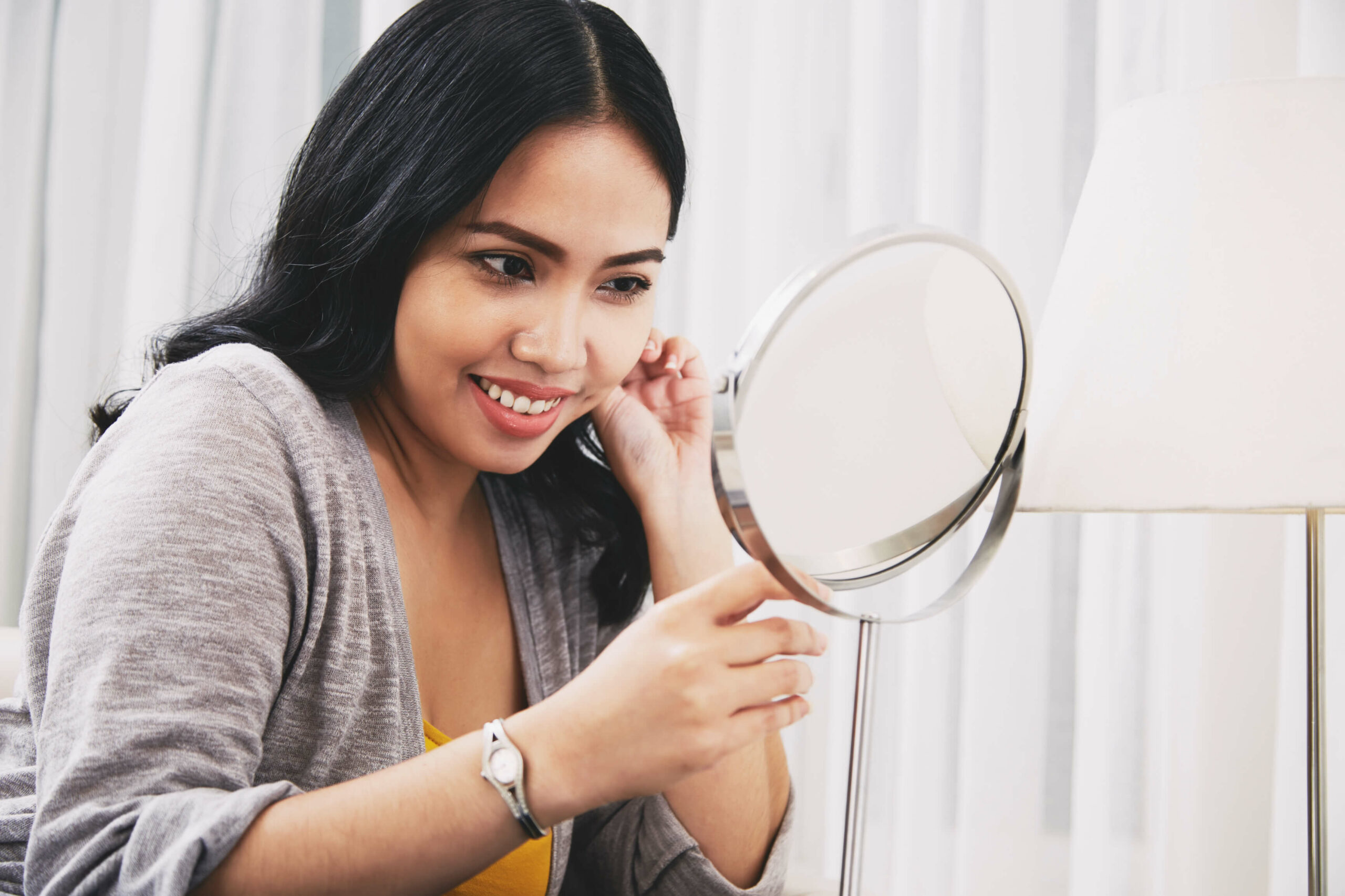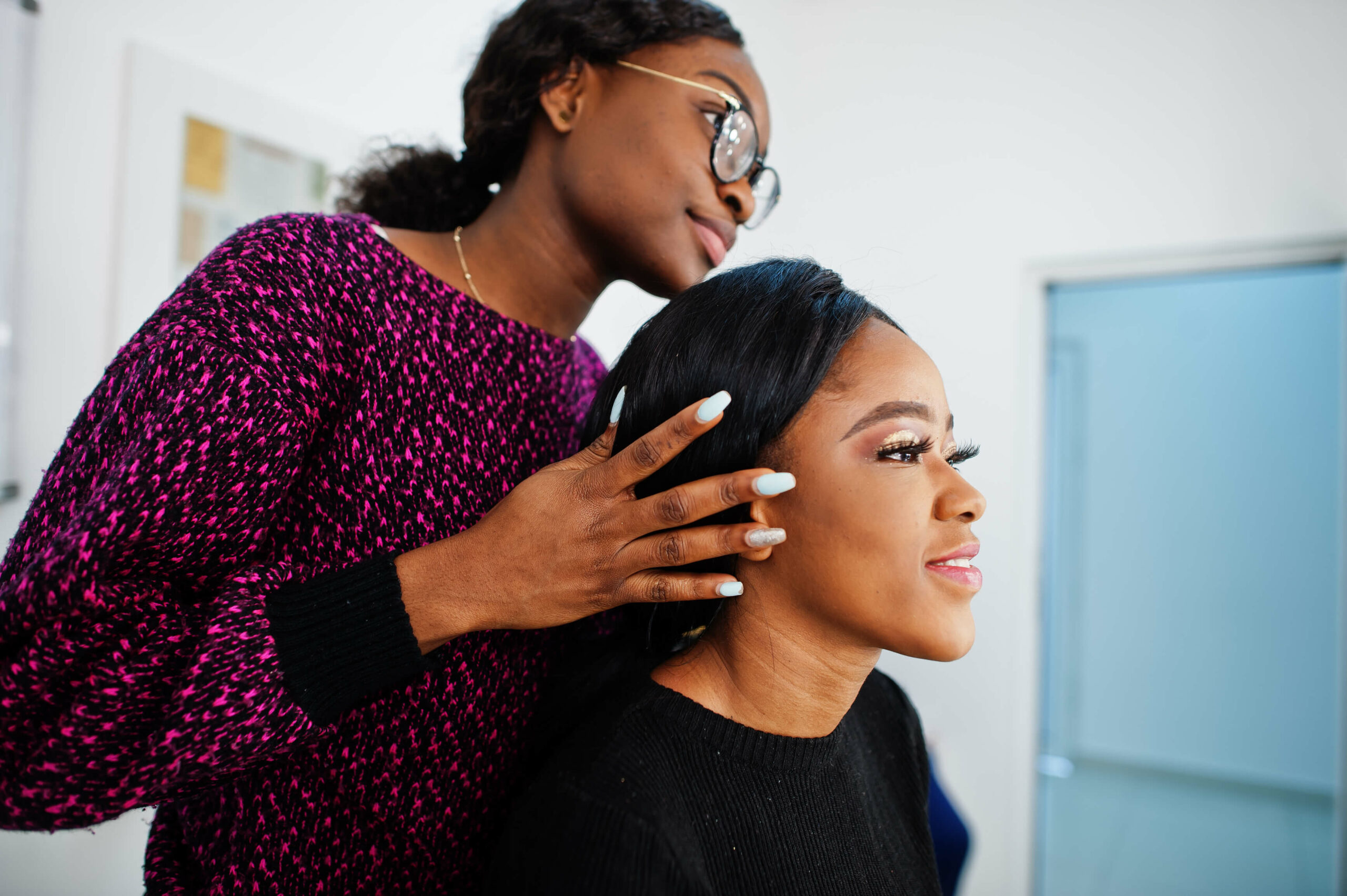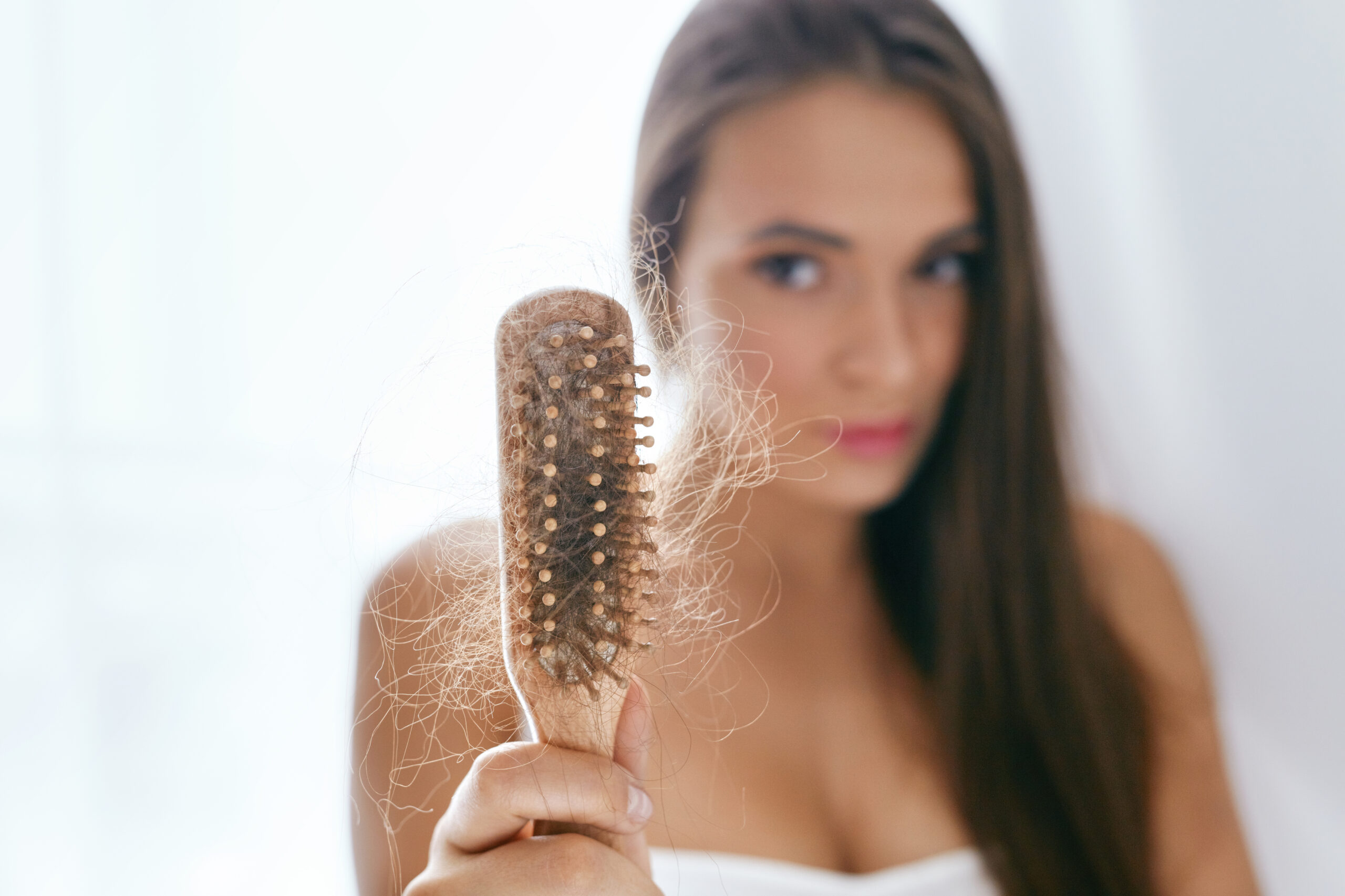Menopause and Hair Loss - What's the Connection?
Menopause is a natural phase of life that all women go through, typically in their late 40s or early 50s. While it’s often associated with hot flashes and mood swings, one of the less discussed aspects of menopause is hair loss. Menopause-related hair loss can be distressing, affecting a woman’s self-esteem and confidence. However, there are ways to cope with and address this issue. In this blog post, we’ll explore the causes, effects, and various solutions for managing menopause-related hair loss.
Understanding Menopause-Related Hair Loss
- The Hormonal Connection: Menopause is primarily characterized by a decrease in estrogen and progesterone levels, which can lead to an increase in androgen hormones. These hormonal shifts can impact the hair growth cycle, leading to hair thinning and hair loss.
- Telogen Effluvium: This is a common type of temporary hair loss that can be triggered by hormonal fluctuations, physical stress, or emotional stress. During menopause, women may experience this condition, causing increased hair shedding.
- Female Pattern Baldness: Some women are genetically predisposed to female pattern baldness, and menopause can exacerbate this condition. It typically results in thinning at the crown and hairline.
The Emotional Impact
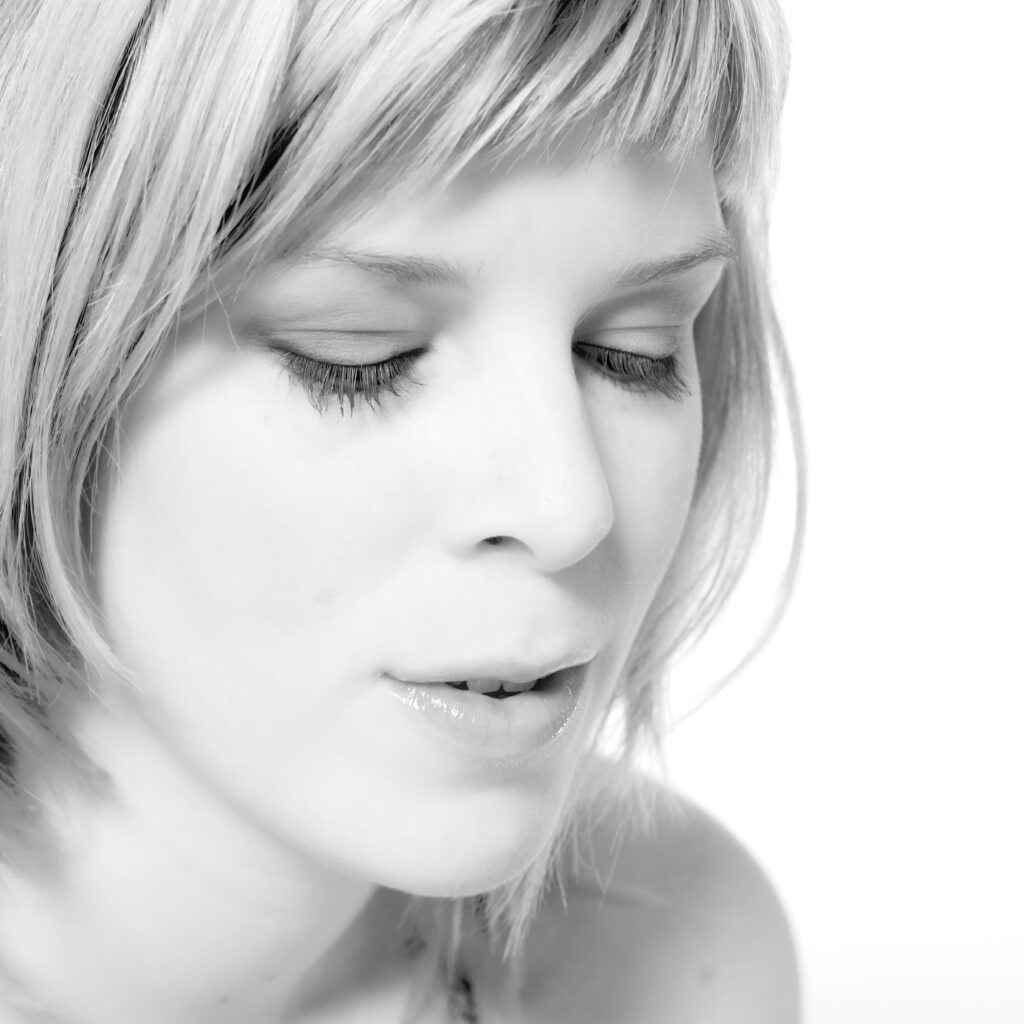
Menopause-related hair loss can have significant emotional and psychological effects on women. It can lead to:
– Decreased self-esteem and self-confidence.
– Anxiety and depression due to the change in appearance.
– Affect personal and professional life due to the emotional distress.
Solutions and Coping Strategies
- Nutrition: A balanced diet with essential vitamins and minerals, such as biotin, zinc, and iron, can promote healthy hair growth. Consult with a healthcare professional or nutritionist for personalized guidance.
- Hormone Replacement Therapy (HRT): Some women opt for HRT to manage menopause symptoms, including hair loss. However, this should be discussed with a healthcare provider, as it may not be suitable for everyone.
- Topical Treatments: Over-the-counter and prescription topical treatments, like minoxidil, can help stimulate hair growth. Our trusted line of Bosley products can help you keep the hair you have and regrow new, healthy hair.
- Lifestyle Changes: Reducing stress through relaxation techniques like meditation and yoga can help manage telogen effluvium. Exercise and a healthy lifestyle can promote overall well-being.
- Wigs and Hairpieces: Many women find comfort and confidence in wearing wigs or hairpieces, which offer a quick and effective solution to hair loss. High-quality, natural-looking wigs are widely available.
- Hair Care: Use mild, sulfate-free shampoos and conditioners designed for thinning hair. Avoid excessive heat styling and tight hairstyles that can damage hair.
- Professional Advice: Consult with a dermatologist or a hair specialist to determine the underlying cause of hair loss and receive tailored advice and treatment options.
Confidence in Transformation
Menopause-related hair loss can be challenging, but it’s essential to remember that you’re not alone in experiencing this issue. By understanding the causes, effects, and available solutions, you can find ways to cope with and address hair loss during menopause. Whether it’s through lifestyle changes, medical treatments, or hairpieces, there are ways to regain confidence and embrace your natural beauty during this transformative phase of life.
At A Special Place, our experts can guide you through hair loss solutions to keep you confident and comfortable during menopause-related hair loss. Specializing in wigs, hairpieces and hair replacement options that are lightweight and cool – an important feature during menopause.
